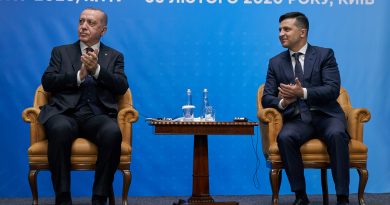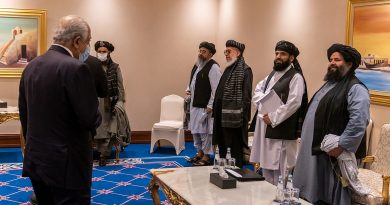Dengue Fever Cases Spike Globally
Julia Clapis
Staff Writer
A mosquito called Aedes aegypti has sparked a potential world health crisis. The insect is one of the main carriers of the deadly Dengue Fever virus, which has re-emerged at a critical rate this year and is currently endemic to over 100 countries. According to Al Jazeera, over a thousand people have died in the Philippines alone. In Honduras, nearly 90 children have died. In Brazil, there has been almost a 600% increase in the number of cases from 175,000 to 1.2 million. Meanwhile, politicians around the globe have been slow to take action to combat the disease.
With the development of urbanization comes the build-up of waste, one of the main causes of the spike in Dengue cases. Voice of America says that an increase of rainfall, higher climate, and the accumulation of water in several countries creates the perfect environment for the reproduction of the Aedes mosquito. In the absence of structure to fight the disease, exponential population growth, and inadequate planning by governments, the methods of spreading Dengue Fever have been made easier.
People in the affected countries feel like they do not have enough resources to prevent or treat the disease. Health clinics are overcrowded and cannot treat the hundreds of thousands who are in severe need of care. The most affected in this crisis are children, and parents are worried they cannot do much to help them. Precautionary actions have been taken by presidents of some of these countries, such as Philippine President Rodrigo Duterte’s attempt to bring the only existing vaccine against the virus, called Dengvaxia, to the wider population.
The Philippines has experienced difficulties with Dengyaxia in the past, however. The Philippines banned the vaccine in 2017 after 146 people died receiving it. Recent studies show that Dengvaxia should not be given to children under 9 years of age, since their immune systems are not entirely developed. People who have never had Dengue Fever are also advised to avoid it, as this could worsen their case if they contract the disease and possibly lead to death. President Duterte now awaits expert analysis on Dengvaxia, but says that he is open and inclined to make it accessible again.
Meanwhile, across the ocean, ill-prepared Honduras also grapples with a Dengue outbreak, reports The Washington Post. The government had almost no preparation prior to the epidemic, but it is now taking action by fumigating potential sources of mosquitos and educating the population. However, despite declaring a national health emergency on July 2, Hondurans will likely not treat Dengue “with the seriousness it requires.” The scandal-ridden President Juan Orlando Hernández does not have credibility with Hondurans, who therefore are not inclined to do as his government recommends.
People all over the globe are perplexed at how suddenly and swiftly this crisis emerged. In many of the affected countries, the population is dissatisfied with how their governments are dealing with the emergency. Filipinos and Hondurans alike do not trust their presidents to provide aid and prevent infection. Even with increased education about disease, it frequently fails to emphasize how serious this disease is, how easily it is spread, and how quickly things can escalate.
To find a way to reduce the risk of losing people to this deadly disease, the people of each infected country must play their part by mitigating the spread of the Aedes mosquito itself. This can be achieved with community mobilization and cooperation as simple as disposing of solid waste and man-made objects correctly and draining still water from the outdoors. Though these methods, communities can come together to prevent Dengue Fever from spreading to their loved ones.



